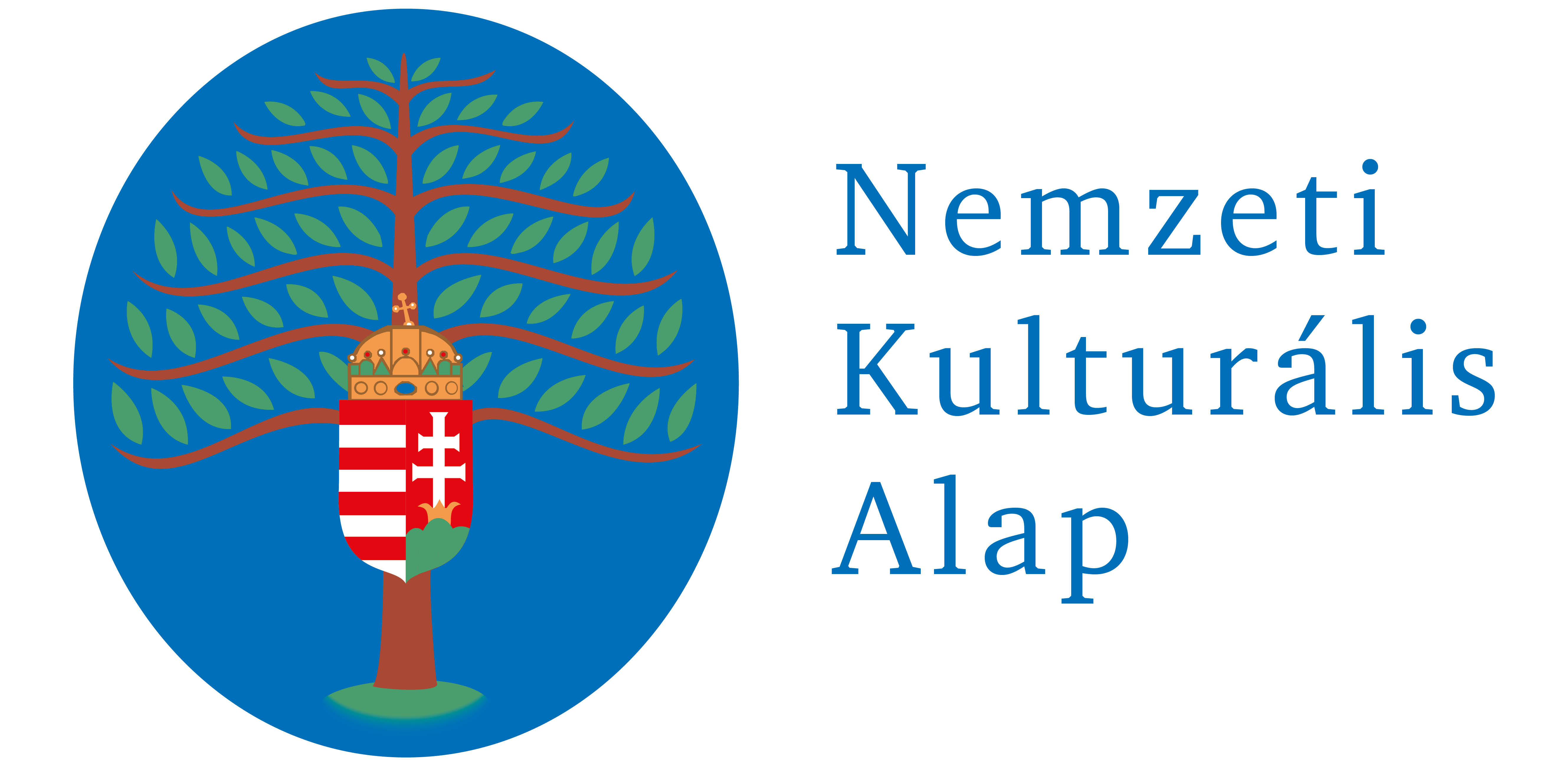Naptár
2024. április 15–19.
2024. április 20.
Eötvös József Kárpát-medencei középiskolai szónokverseny
2024. március–április
A Magyar Nyelvtudományi Társaság tavaszi felolvasóülései
Tovább...
3. 2010.
Abstracts in English
Studies
Reading in the first and foreign languages should be considered as a basic skill to be developed, because through reading we gain the necessary information for learning, work and everyday life. The standard of our knowledge greatly determines how successful we are at work and in private life. A prerequisite of understanding correctly what we read is to be able to apply the knowledge, methods and strategies learnt at school in practice , . The teaching of reading in the first language determines how successful the text comprehension is in foreign languages. Therefore, it is advisable to build upon previous knowledge that has been acquired during reading in first language. In learning foreign languages, first language and the knowledge gained in first language may be inhibitory and stimulating at the same time. The teacher needs to pay attention to this when creating the methodology of teaching foreign languages and – within this – reading and text comprehension.
This study compares the speakers of past and present in terms of their attitude towards verbal aggression and insult. The introduction reveals the value orientation in our early texts which – according to the author – is detectable in all fields of spiritual life. She confirms this statement by analysing a few lines from De arte poetica. With Latin and Hungarian examples, the study illustrates the early occurrence of language deviations and verbal aggression. It also aims to discover the possibilities of self-defence against verbal aggression. It shows that the insulted half even in early times could seek legal redress for his putative or real insult at the appropriate institutions . Besides the study demonstrates the notion of emenda linguae, the so-called ”language fine”. It also points out that the defending decisions against negative speech acts have lead to apologies and to the endeavour to appropriate language behaviour. The conclusion provides details about the defence possibilities today, highlighting the visual warning signals of computer text editors.
Kenyó, Ildikó
Négyesy László as a textbook writer – stylistic and rhetoric textbooks
This study introduces László Négyesy as a textbook writer on the basis of his textbooks on stylistics and rhetoric. Posterity does not pay enough attention to Négyesy. His name is known mainly after his legendary stylistics seminars held at the university in Budapest which among others were attended by Mihály Babits, Dezső Kosztolányi and Gyula Juhász as well. Textbooks are also foot stones in the career of the versatile researcher. This study analyses the structure and content as well as the typography of Négyesy’s textbooks on stylistics and rhetoric in great detail. It reveals the characteristics of his textbook writing and illustrates their modernity in a convincing way. At the same time, the study presents the educational policy, pedagogy, textbook publishing and the use of learning materials at the turn of the 19th–20th centuries.
Workshop
Kalcsó, Gyula
What to teach about the inflection of verbs with the suffix -ik?
This study aims to provide new perspectives to rethink a linguistic phenomenon that we uneasily avoid many times when teaching verbal inflection. We teach verbal morphology in more detail in 6th grade when different verbal paradigms are mentioned as well. When teaching verbal inflection, the issue of the verbs with the suffix -ik is unavoidable, as certain verbal forms may differ from the forms of the verbs without the suffix -ik at the same place in the paradigm. The problem arises, however, that the inflectional system of verbs with the suffix -ik has been broken down due to long historical changes, and today it has a complex interaction with the inflection of verbs without the suffix -ik. A further problem is that inflecting the verbs with the suffix -ik in the same way as the verbs without the suffix -ik is not purely a linguistic, but also (or maybe exclusively?) a socially embedded, sociolinguistic phenomenon. If we aim to clarify the questions of language use and we want to avoid students getting uncertain, it is indispensable to consider the sociolinguistic background of the students and to study natural language data.
Tikosné Tircsi, Éva
Comparing literary and popular scientific texts in fifth grade at primary school
The major aim of literary education is to practise and further develop text comprehension and text production that is necessary for future studies and adult life. This determines the whole process of learning and it plays an important role in developing and shaping the key competences. Further tasks of literary education are to raise the reading spirit, to endear literature as a particular form of human communication and to introduce ways of communication. These aims are reflected in the lesson plan in this study. The tasks have been prepared for using the interactive white board, because it enables us to devise aesthetic, spectacular and efficient tasks. Its use is important not only because developing digital competence is one of the main areas of education, but also because it greatly increases the interest and motivation of students.














